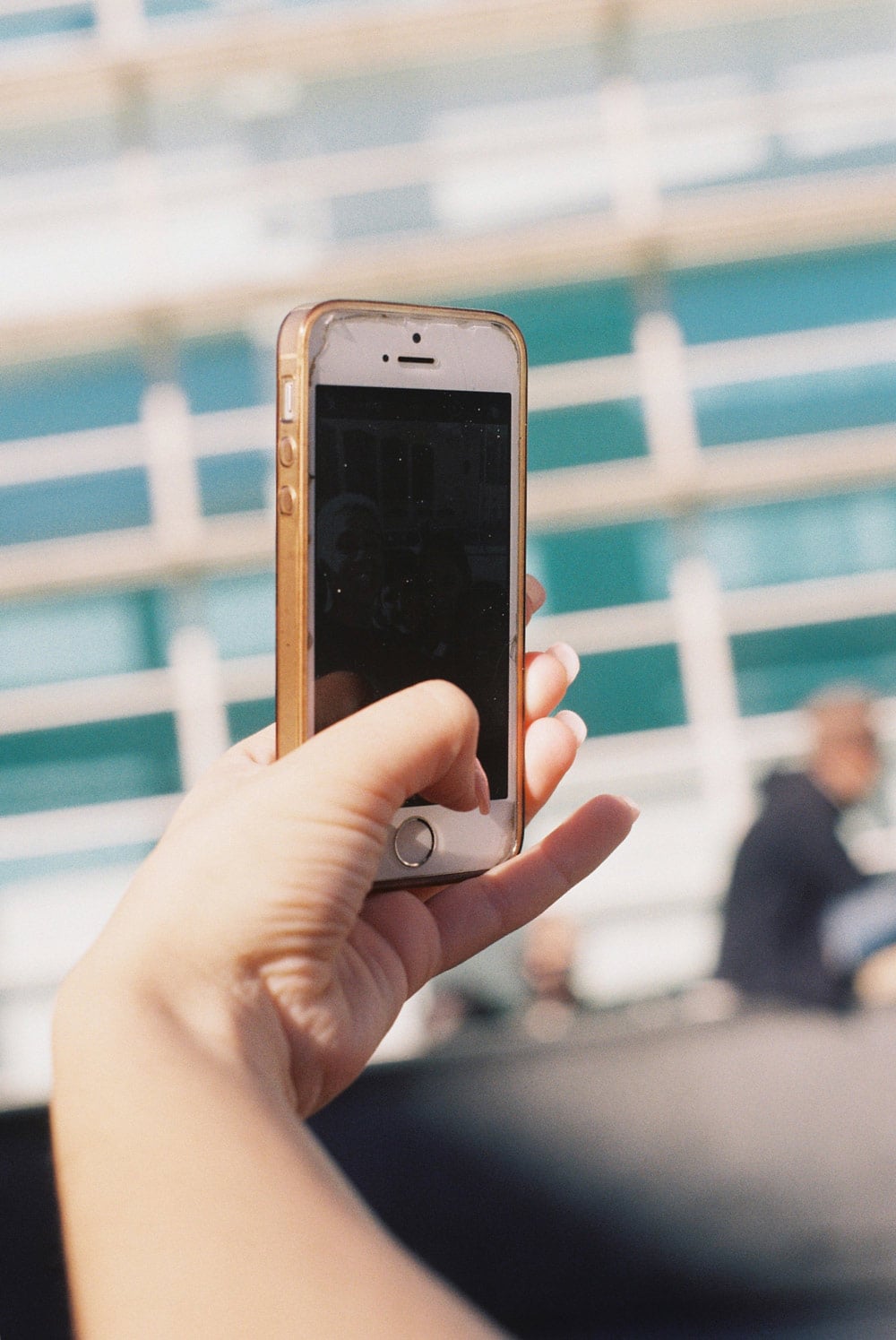How TikTok is quickly becoming the number one social media app

For a great many of us, the prospect of a world without Instagram or Facebook is simply inconceivable. It is easier to imagine a reality in which oxygen is no longer free than to picture one in which likes and Stories are nonexistent. But the surging popularity of a new Chinese app called TikTok may be signalling the twilight of the Facebook app dynasty (including Instagram and Messenger) and the rise of a new ruler of the social media realm. In 2018, TikTok’s download rates surpassed those of Instagram and Facebook, and have continued to rise in the past few months throughout the U.S., Europe, and Southeast Asia.
TikTok is one of the most recent creations by ByteDance—a Beijing based tech company that produces machine learning-enabled content platforms. TikTok’s first incarnation emerged in 2016 in the form of Douyin—a media app for sharing and creating videos exclusively for the Chinese market. In 2017, ByteDance merged the Chinese app Musical.ly (which was highly popular in the West) with Douyin to create TikTok, an app that resembles Snapchat but centres exclusively around enhanced micro-video content. The merge with Musical.ly proved to be seamless, as the majority of the former app’s users and influencers quickly adapted to TikTok.
Initially, TikTok did not pose a significant threat to social media behemoths such as Instagram, Facebook, YouTube, and Snapchat. But the tide is rapidly turning.
Ensnared in myriad scandals, the public’s trust in Facebook has been steadily plunging, and along with it its stock value. Last year, the company lost $120 billion after warnings that its revenue growth will plummet. But sizzling scandals and stock-market undulations are not the only soft-spots of Facebook, as its primary flaw seems to be its inability to appeal to the youth. With its flagship app gradually becoming a virtual nursing home—where grandmas and millennials vent their scorn and stalk old lovers who may not even be alive at this point—and Instagram failing to penetrate the Gen Z market, the Facebook ‘family’ appears to be in the early stages of its downfall. For a moment, Snapchat seemed to be the next ‘it’ app, but that hope never materialised.
This is where TikTok beats them all. The youth, which appears to be increasingly interested in the app’s features and responds favourably to its user interface is migrating to the platform en masse.
Unlike other social media apps, TikTok’s function is fairly limited, as all it enables users to do is create 15-second videos and share them with their network. Yet ByteDance managed to tap right into the core of youth’s fascination with micro-video content that’s light and entertaining, by offering a wide variety of effects and editing options (something that’s lacking from Facebook and Instagram stories). And so TikTok serves Gen Z and soon Alpha precisely what they’re after—content that is live, short, potentially-viral, and, well… silly.
The app’s popularity has been exploding over the past year. In 2018, TikTok was the fourth most downloaded non-game app, with 663 million new downloads, surpassing Instagram which gained 444 new downloads. In the App store alone, TikTok’s download rates exceeded those of Facebook, Messenger, and WhatsApp. Should the numbers remain steady, TikTok can be expected to surpass Facebook and Instagram in overall popularity worldwide (let us not forget that it also dominates the Southeast Asian market, something that Western apps are unable to do due to censorship barriers).
The conquering of the social media landscape by TikTok could have several ramifications. Firstly, it would most likely alter the way in which the future generation communicates, with words and pictures replaced by short, heavily edited memes.

It would also generate significant changes in the market, which currently relies heavily on the models of existing social media platforms, such as Instagram. In a TikTok-dominated world, influences, businesses, and corporations will have to find a new way to promote their products, capture the attention of buyers, and adapt to new metrics indicating popularity and profitability.
Finally, what would be the consequences of having a Chinese company owning all our social-media data? This question may be too vague to answer with certainty, but China’s policies regarding censorship, surveillance, and curtailing of freedom of speech sure make this prospect unsettling (to put it mildly).
On a more personal level, a TikTok takeover gives us a chance to reexamine our interaction with social media. Before replicating our virtual lives onto yet another platform we, the veterans of the social media revolution, must ask ourselves: where are we going with this? Do these platforms contribute to or impede our personal and spiritual growth? What toll have they been taking on our mental wellbeing? Can our thoughts and feelings and aspirations be effectively expressed in a 15-second video? And what would be the consequences for doing so?
The rise of TikTok gives us a golden opportunity to question. To prioritise. To reconsider the value of life beyond the screen.




